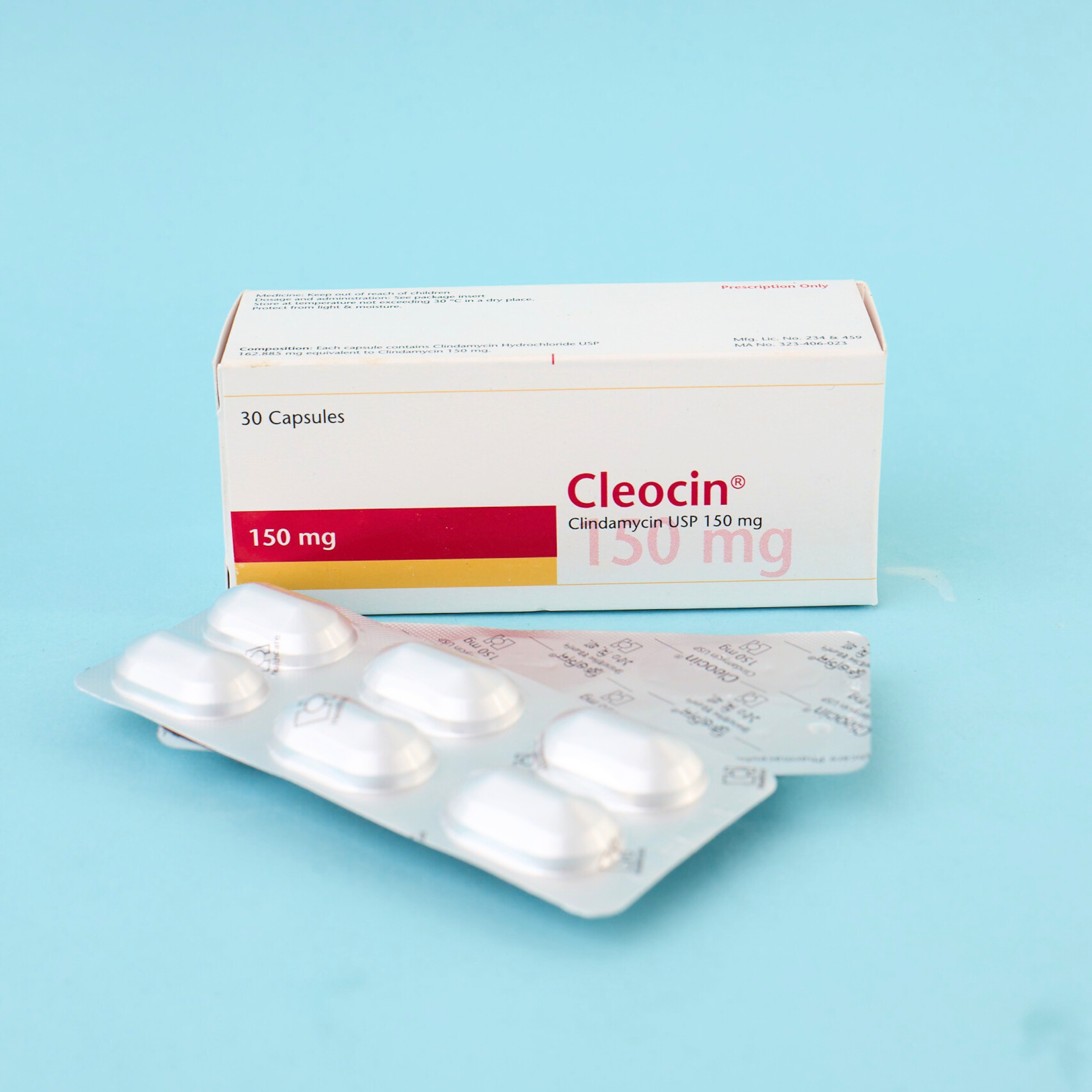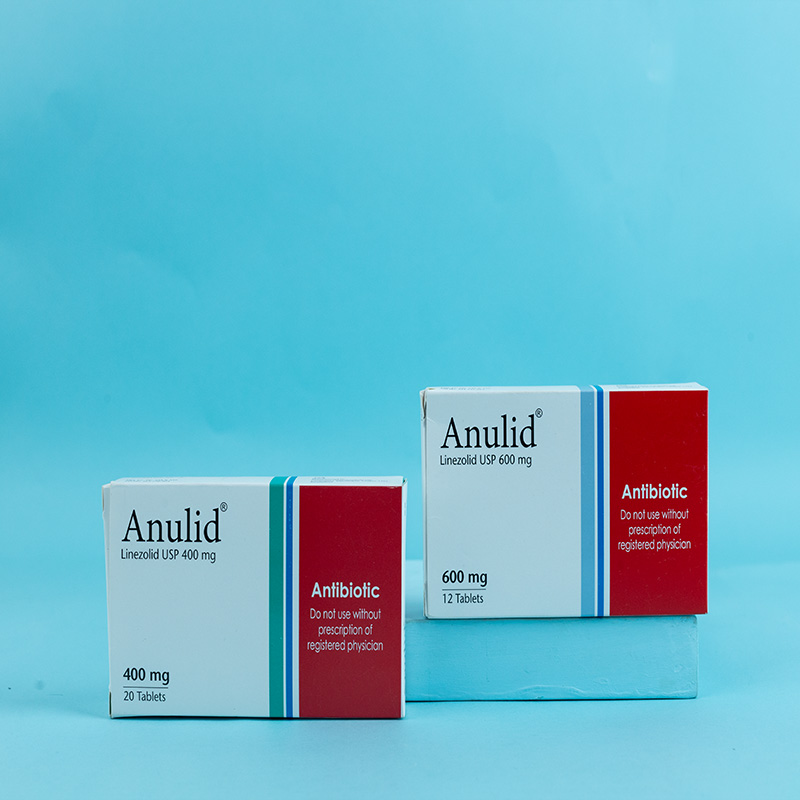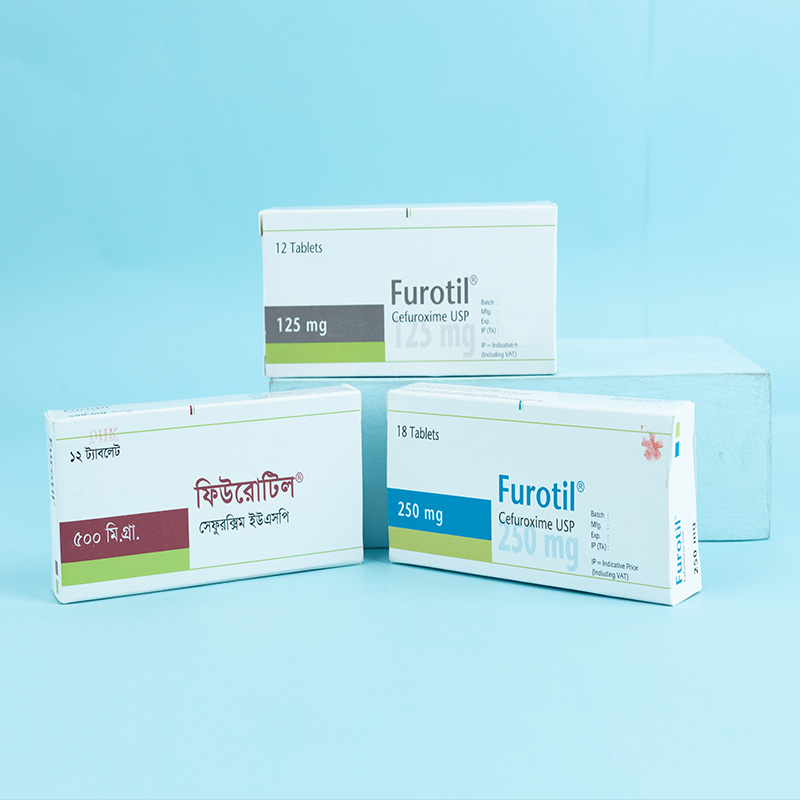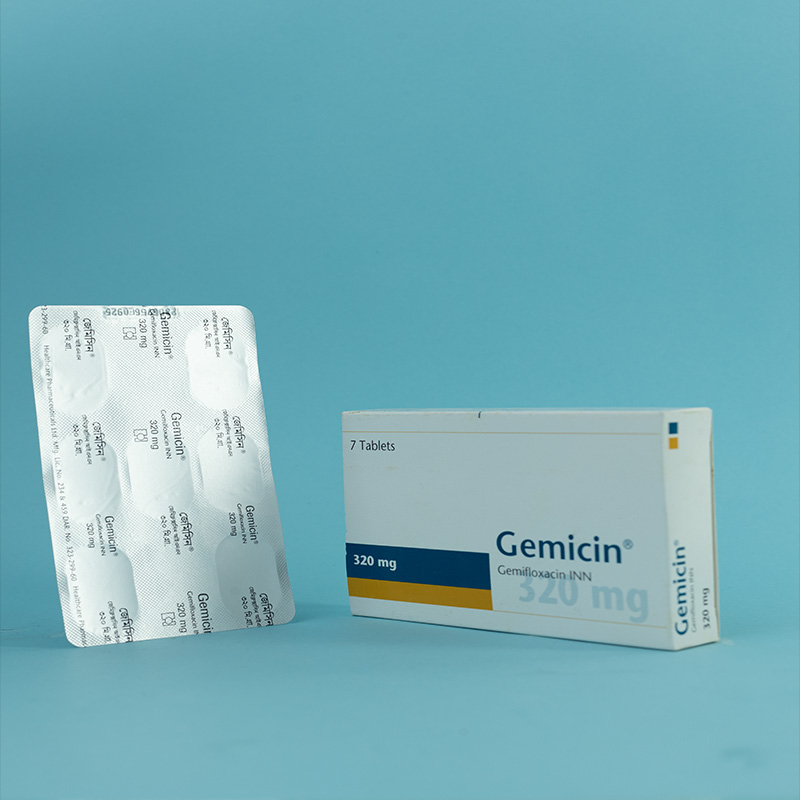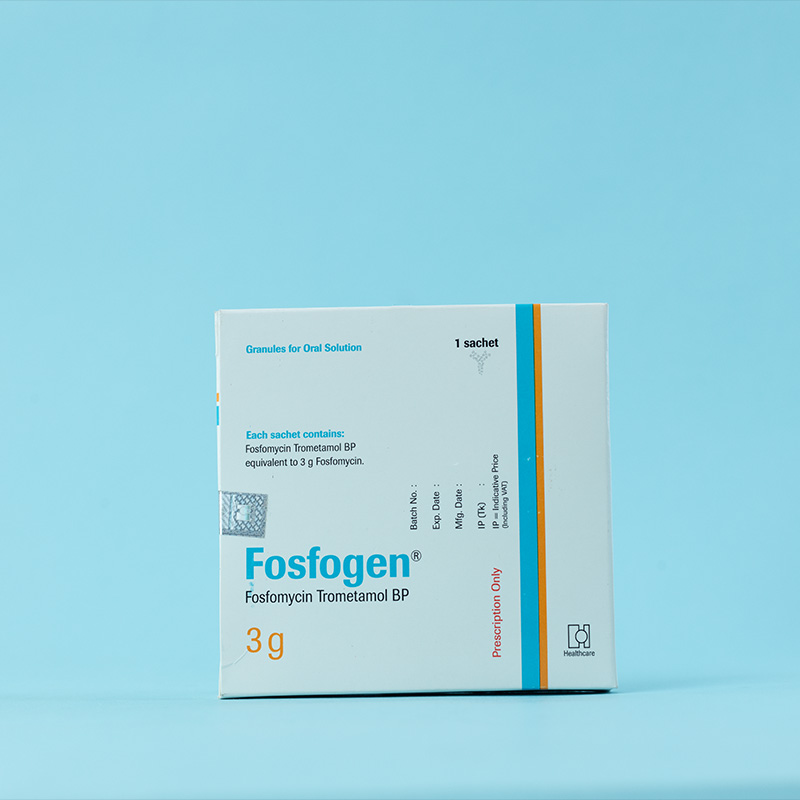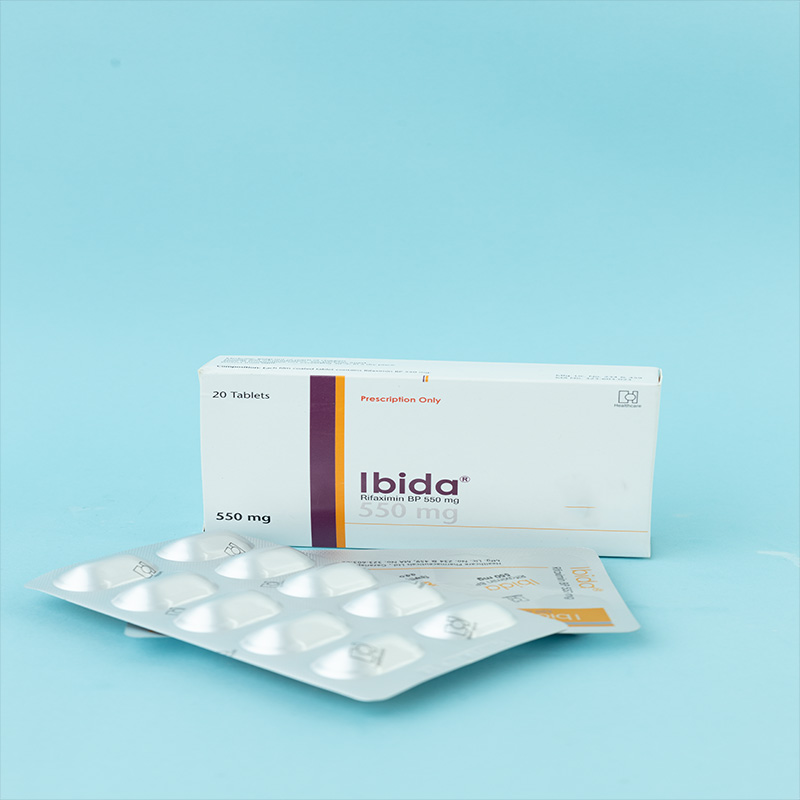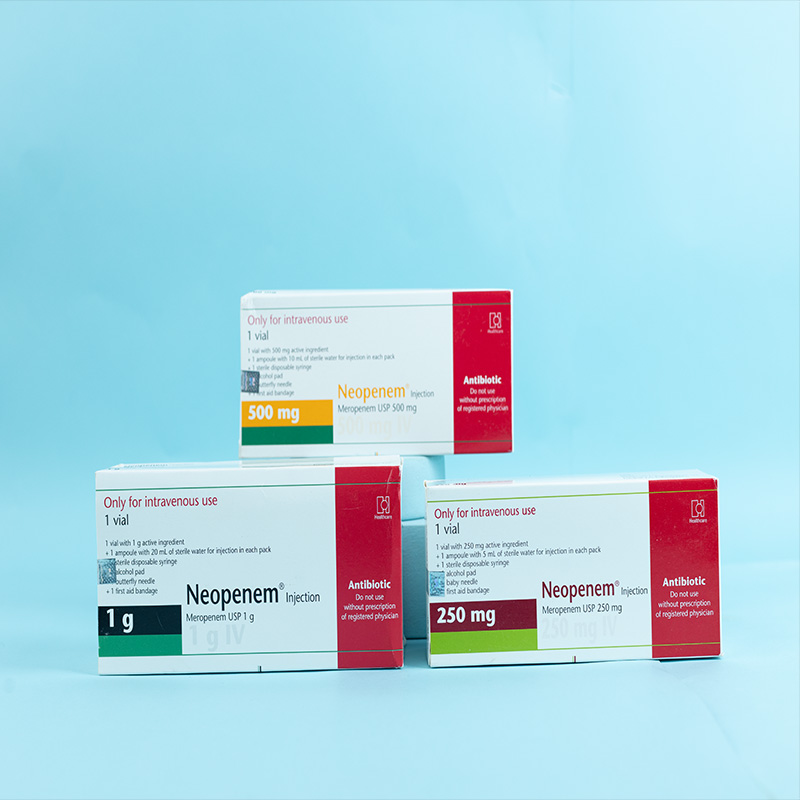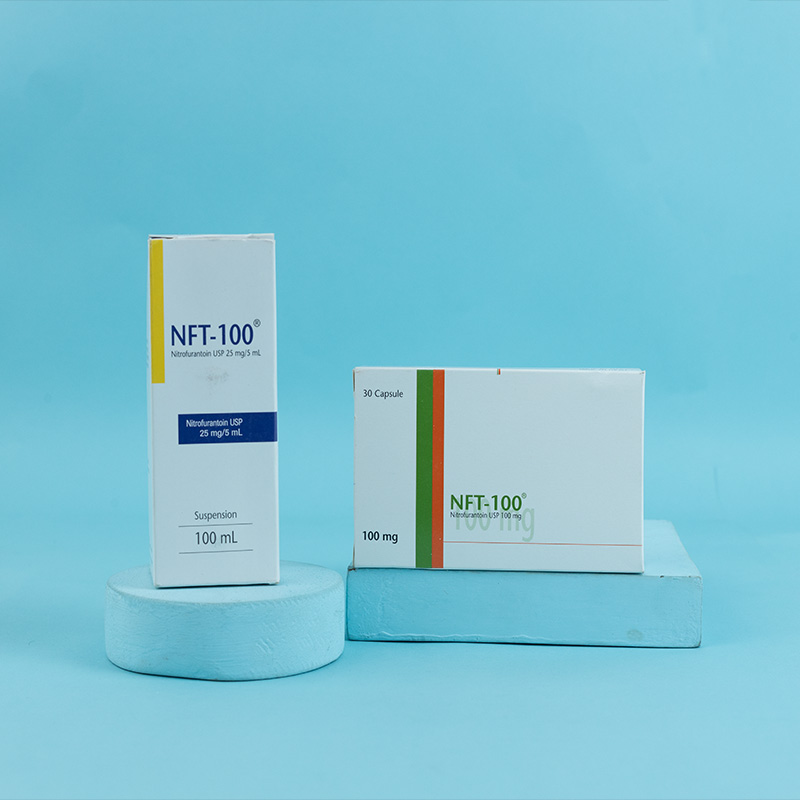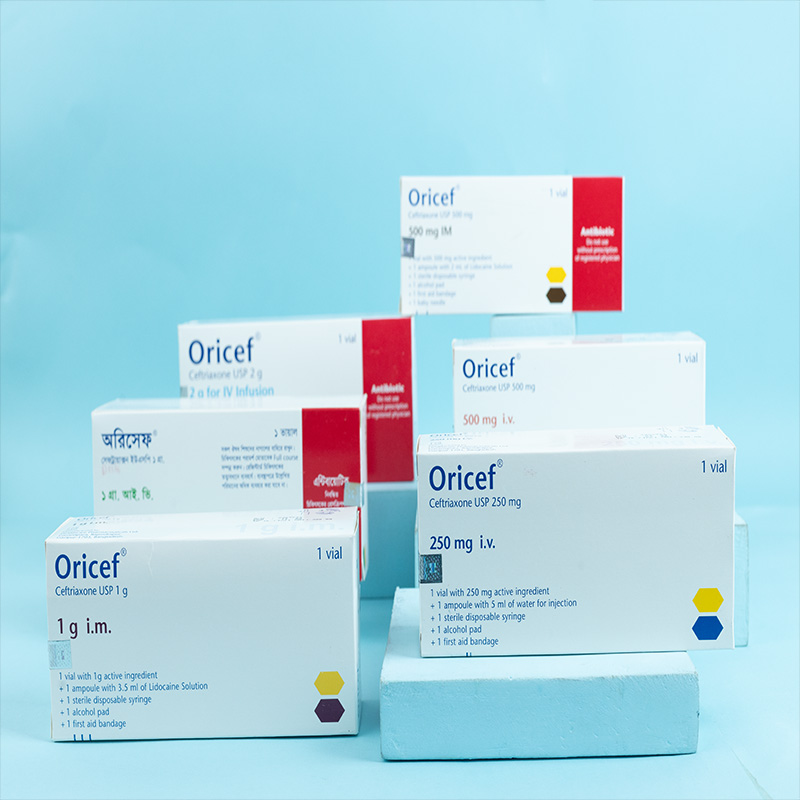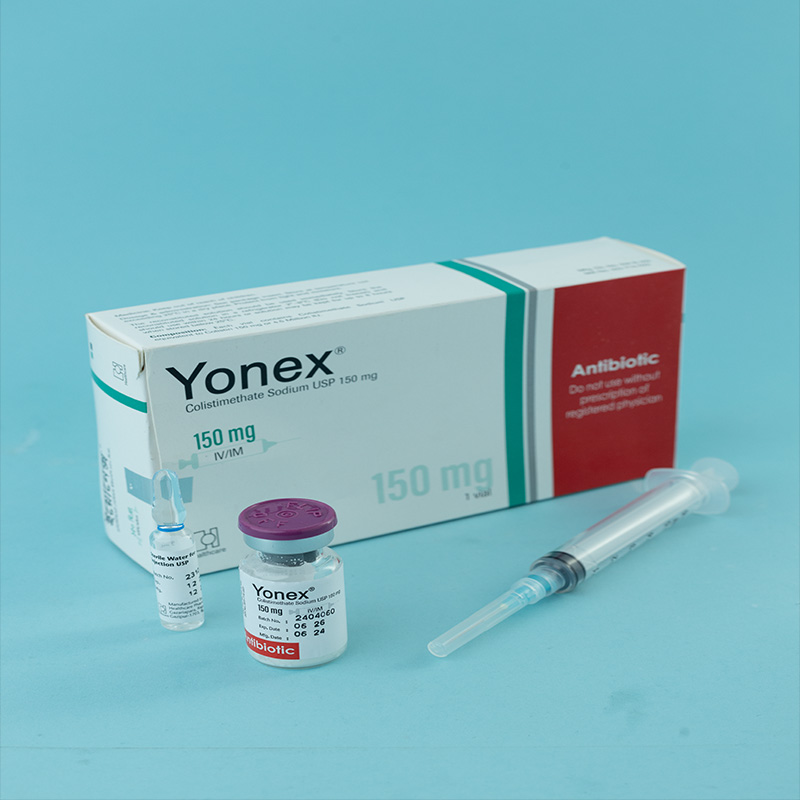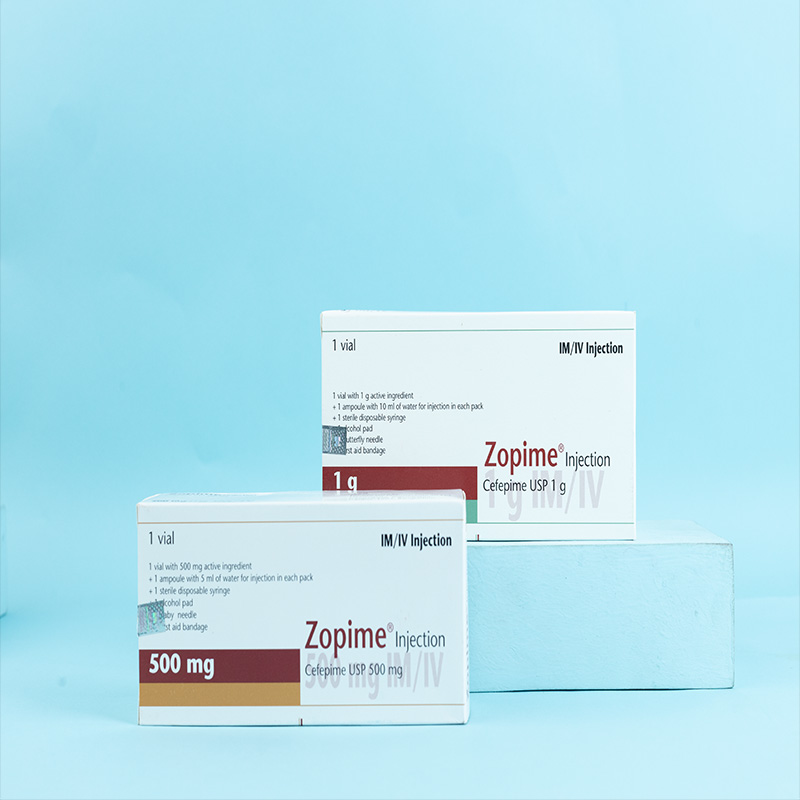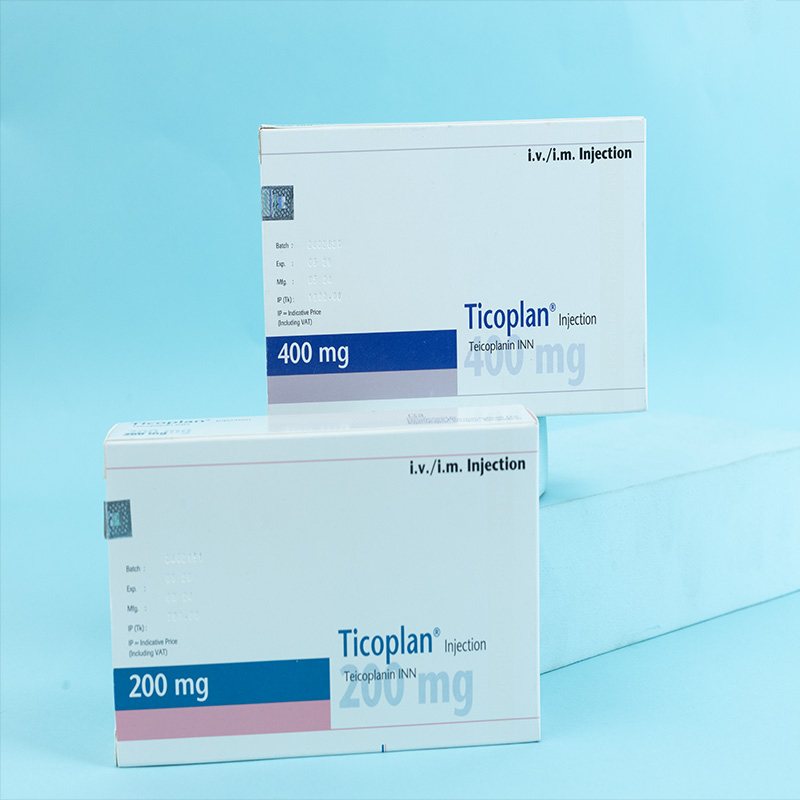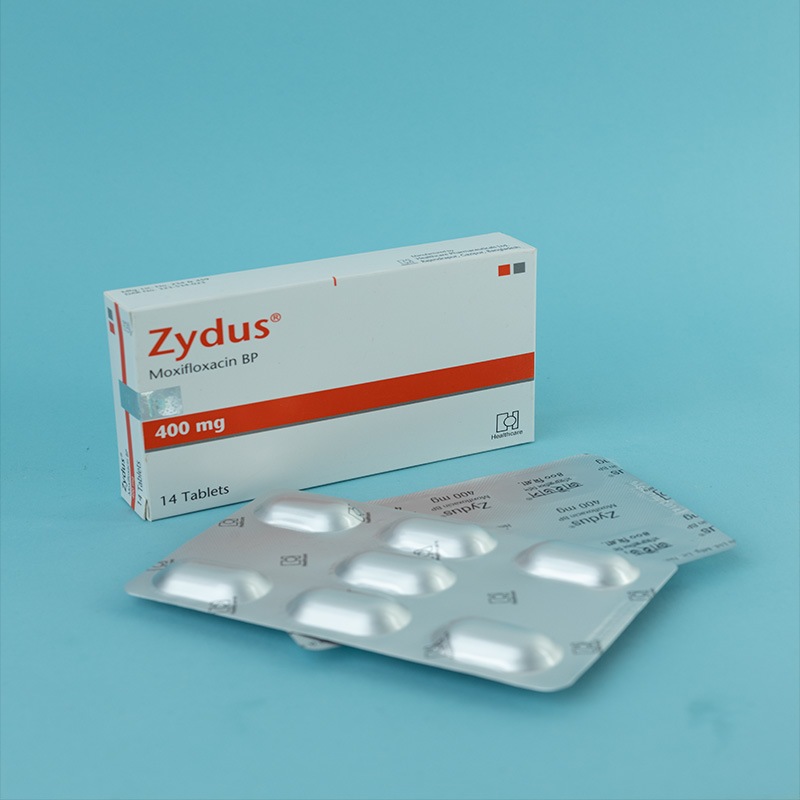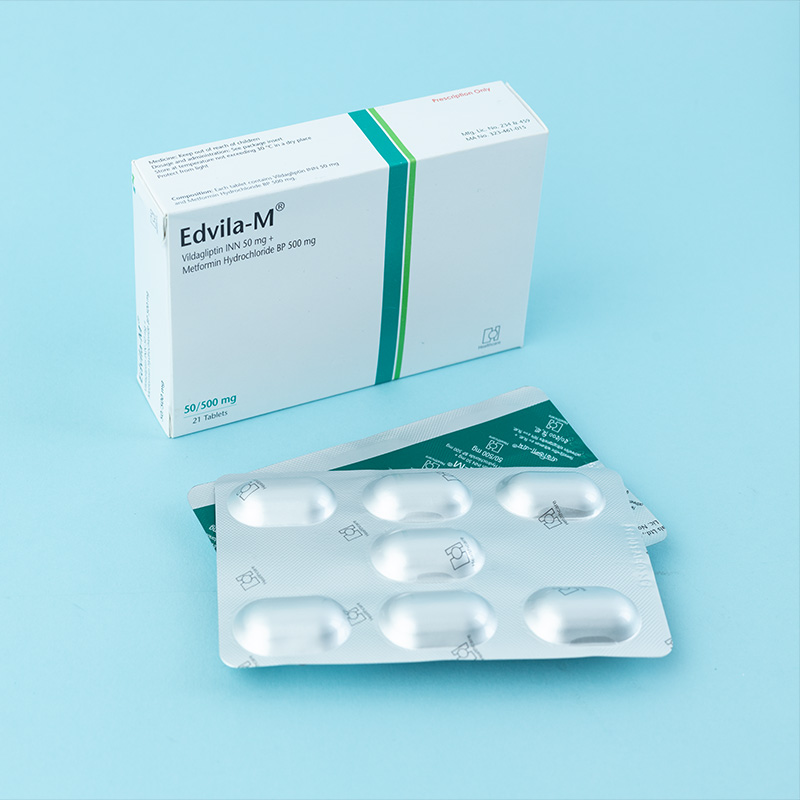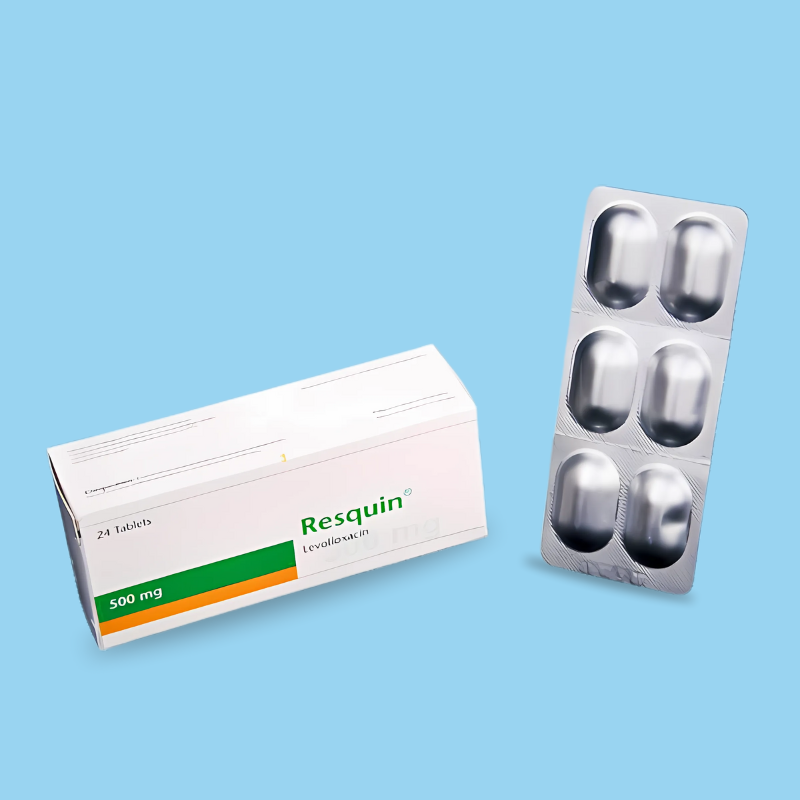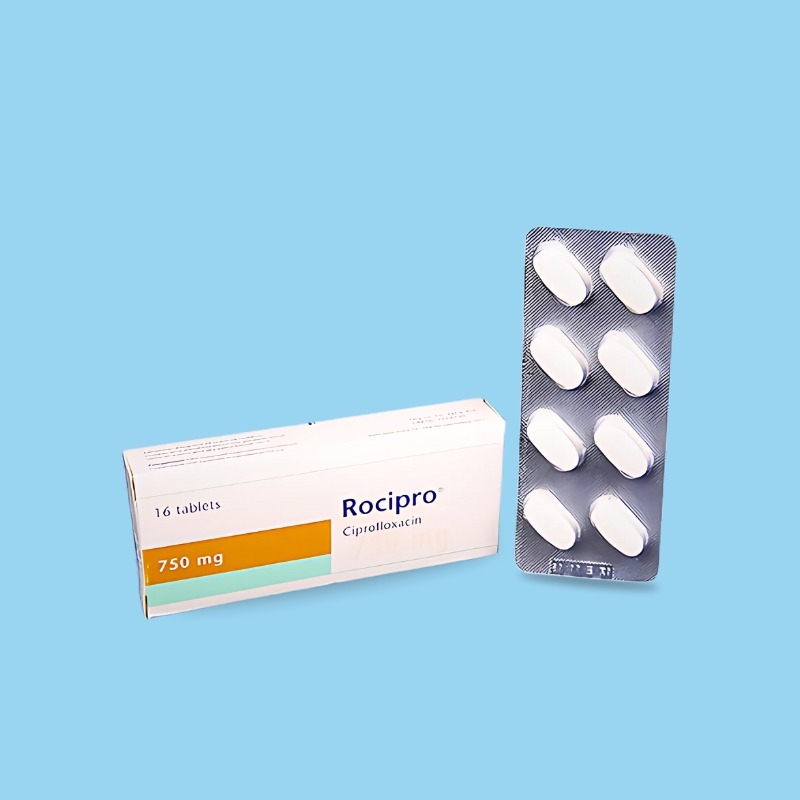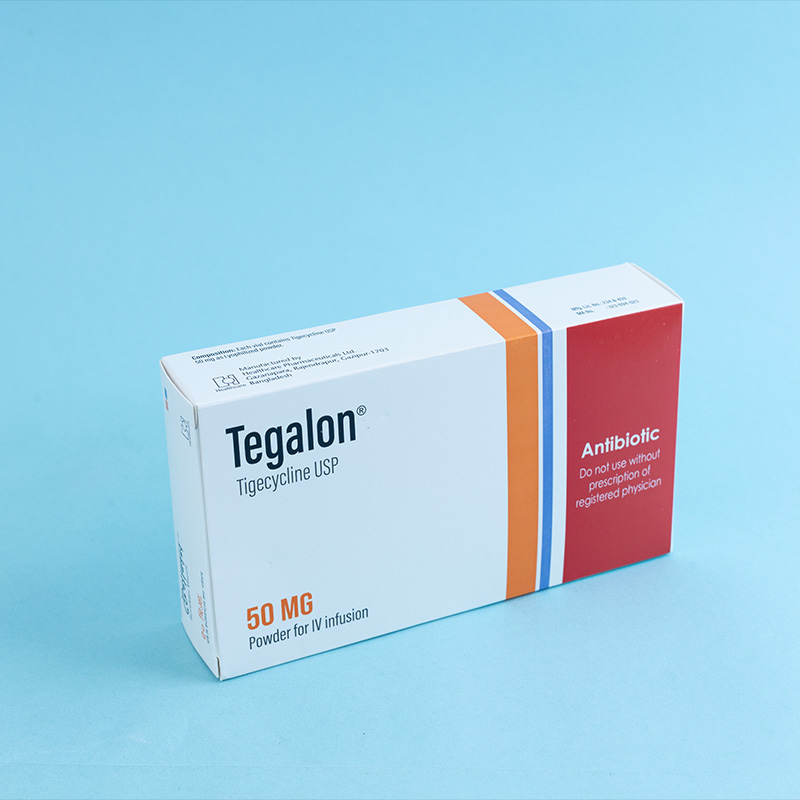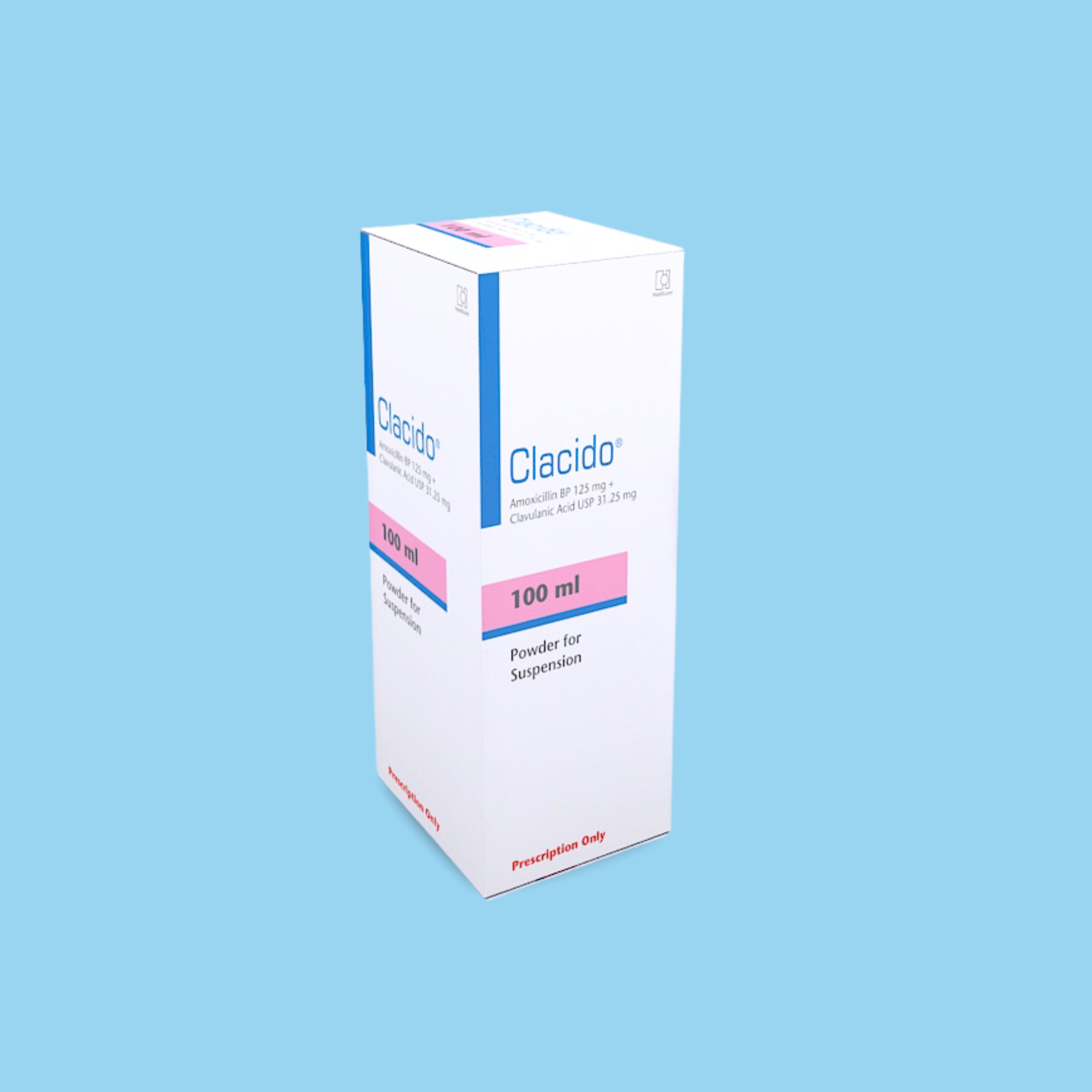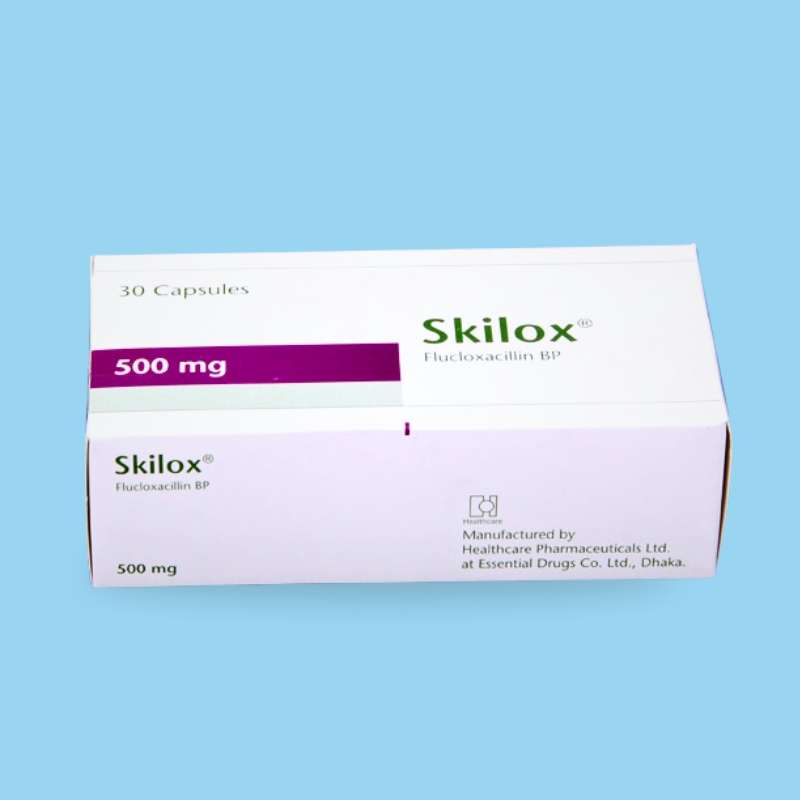
.jpg)
.jpg)

.jpg)
.jpg)
Skilox®
Flucloxacillin
- 250 mg Capsule
- 500 mg Capsule
- 125 mg / 5 ml PFS
Antibacterial
Flucloxacillin is an isoxazolyl penicillin which combines the properties of resistance to hydrolysis by penicillinase, gastric acid stability and activity against gram-positive bacteria. Flucloxacillin is a bactericidal antibiotic that is particularly useful against penicillinase producing staphylococci. Flucloxacillin kills bacteria by interfering in the synthesis of the bacterial cell wall. Flucloxacillin binds to penicillin-binding proteins (PBPs) on the bacterial cell wall, thus interfering with peptidoglycan synthesis. Peptidoglycan is a heteropolymeric structure that provides the cell wall with its mechanical stability. The final stage of peptidoglycan synthesis involves the completion of the cross-linking with the terminal glycine residue of the pentaglycin bridge linking to the fourth residue of the pentapeptide (D-alanine). The transpeptidase cell wall is weakened, the cell swells and then ruptures. Flucloxacillin resists the action of bacterial penicillinase probably because of the steric hindrance induced by the acyl side chain which prevents the opening of the b-lactam ring.
Overview
Related Products
Furotil Plus
Cefuroxime + Clavulanic Acid

